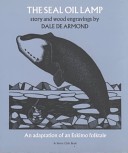
A retelling of a traditional Eskimo tale of how a seven-year-old blind boy is saved from death by the kindly little mouse people.
Materials from United States of America

A retelling of a traditional Eskimo tale of how a seven-year-old blind boy is saved from death by the kindly little mouse people.
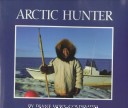
A ten-year-old Eskimo (Inupiat) boy who lives far north of the Arctic Circle describes his family’s annual spring trip to their camp, where they hunt and fish for food to supplement their diet for the rest of the year and enjoy old traditions.
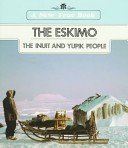
Beginning readers are introduced to the land and peoples of the far north.
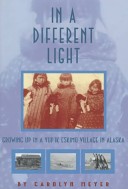
A study of the contemporary Yupik culture in an Alaskan village as seen through the eyes of a typical family.
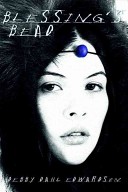
Nutaaq and her older sister, Aaluk, are on a great journey, sailing from a small island off the coast of Alaska to the annual trade fair. There, a handsome young Siberian wearing a string of cobalt blue beads watches Aaluk “the way a wolf watches a caribou, never resting.” Soon his actions—and other events more horrible than Nutaaq could ever imagine—threaten to shatter her I~nupiaq world. Seventy years later, Nutaaq’s greatgranddaughter, Blessing, is on her own journey, running from the wreckage of her life in Anchorage to live in a remote Arctic village with a grandmother she barely remembers. In her new home, unfriendly girls whisper in a language she can’t understand, and Blessing feels like an outsider among her own people. Until she finds a cobalt blue bead—Nutaaq’s bead—in her grandmother’s sewing tin. The events this discovery triggers reveal the power of family and heritage to heal, despite seemingly insurmountable odds. Two distinct teenage voices pull readers into the native world of northern Alaska in this beautifully crafted and compelling debut novel.
A fisherman accidentally hooks the skeleton of Annuk, a young Aleutian girl who had drowned, on his line, and the fisherman’s compassion for the girl brings her magically back to life, in an Aleutian folktale about the power of love and compassion.
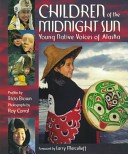
For Native children, growing up in Alaska today means dwelling in a place where traditional practices sometimes mix oddly with modern conveniences. “Children of the Midnight Sun” explores the lives of eight Alaskan Native children, each representing a unique and ancient culture. This extraordinary book also looks at the critical role elders play in teaching the young Native traditions. 40 color photos.
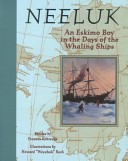
Weaving history, art and literature, these stories follow a young Inupiat Eskimo boy through a year of his life at the turn of the last century.